Optimal Timing for EIFS Installations
Spring and early fall are considered ideal for Eifs installations due to moderate temperatures and lower humidity levels, which facilitate proper curing and adhesion.
Avoid installations during extreme cold or heat, as temperature fluctuations can impact the curing process and material performance.
The recommended temperature range for Eifs application is typically between 50°F and 85°F (10°C to 29°C) for optimal results.
Low to moderate humidity levels are preferable; high humidity can lead to moisture-related issues during curing.
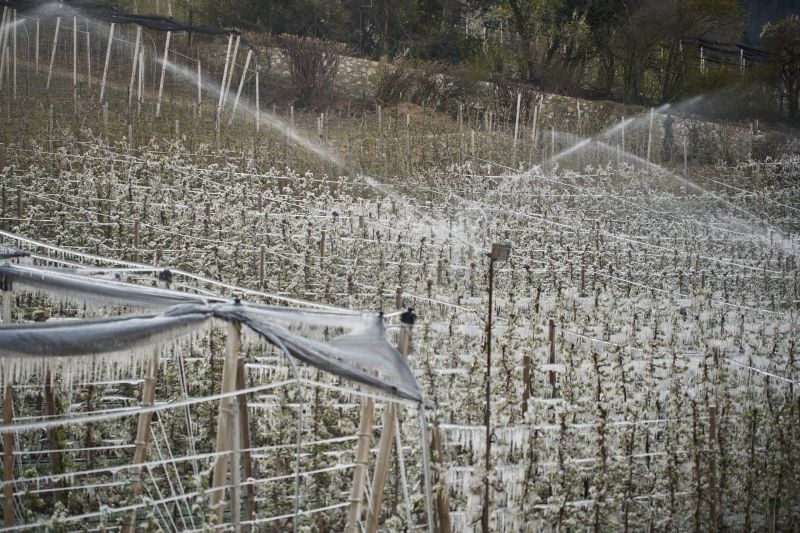
Eifs systems installed during spring benefit from mild temperatures and optimal curing conditions.

Summer installations require precautions against high temperatures and direct sunlight.
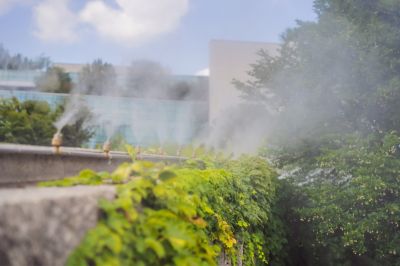
Fall offers cooler temperatures and lower humidity, ideal for Eifs work.

Cold weather can hinder adhesion and curing, making winter less suitable for Eifs installations.
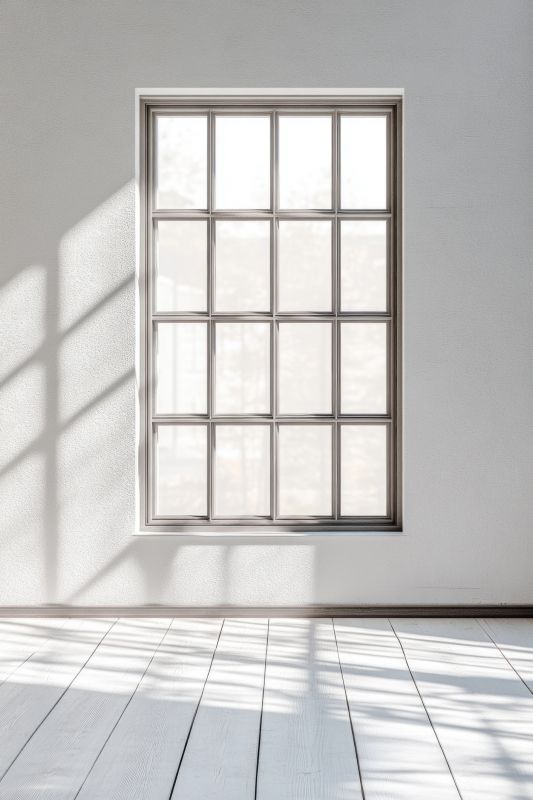
Ways to make Eifs Installations work in tight or awkward layouts.

Popular materials for Eifs Installations and why they hold up over time.

Simple add-ons that improve Eifs Installations without blowing the budget.

High-end options that actually feel worth it for Eifs Installations.
| Season | Suitable for Eifs Installation |
|---|---|
| Spring | Yes |
| Summer | Conditional |
| Fall | Yes |
| Winter | No |
Eifs systems provide durable, weather-resistant exterior finishes that enhance building aesthetics and insulation. Proper installation timing ensures the system performs as intended, reducing maintenance needs and extending lifespan. Understanding seasonal impacts helps in planning effective projects and avoiding costly setbacks.
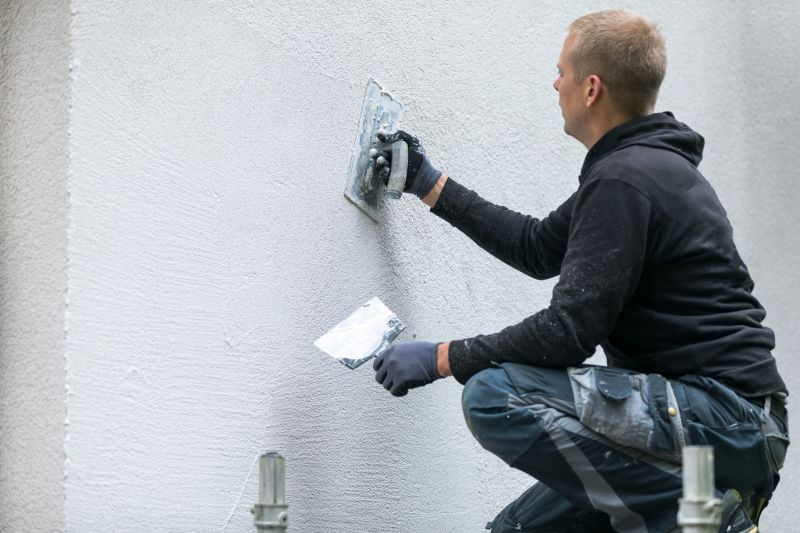
Properly timed installation ensures long-lasting performance.
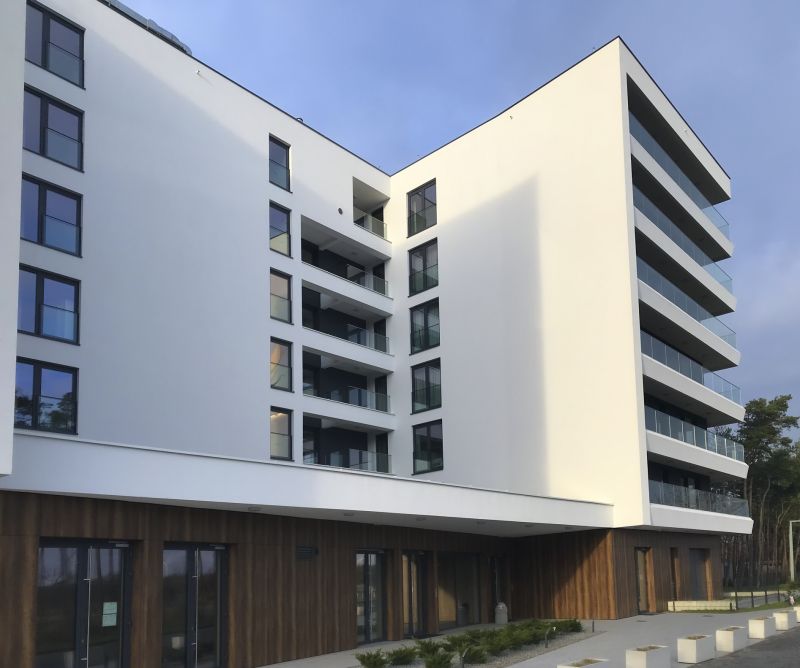
Timing influences adhesion and curing quality.

A well-timed project results in a smooth, durable finish.

Weather conditions at installation impact material effectiveness.
Interested parties are encouraged to contact for more information about scheduling Eifs installations to ensure optimal results and longevity of the system.



